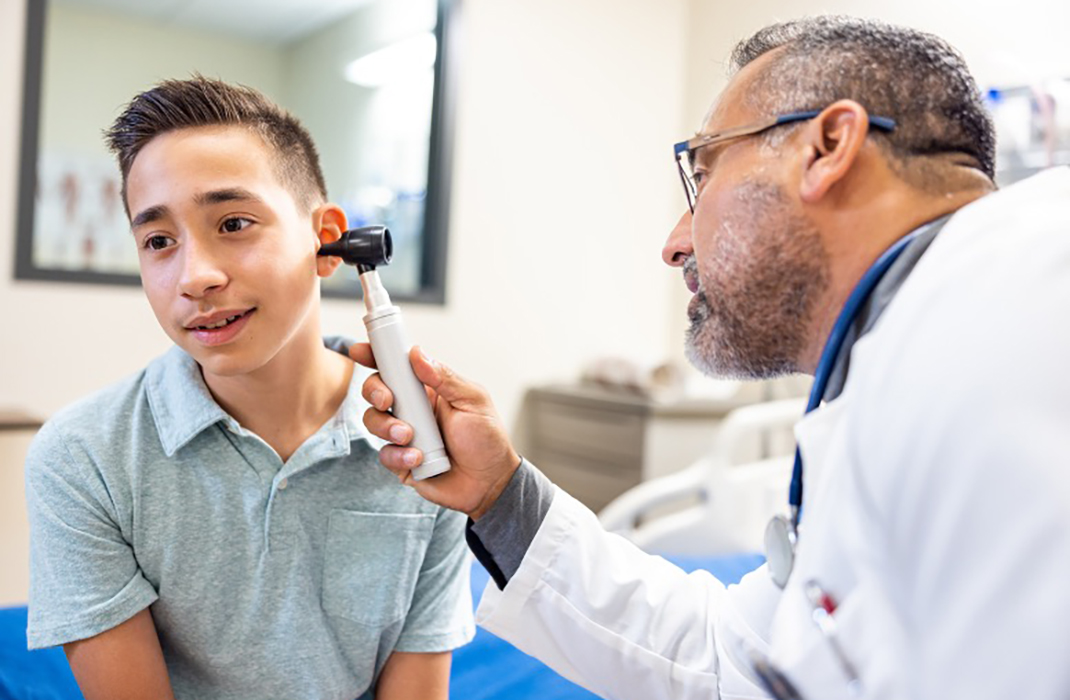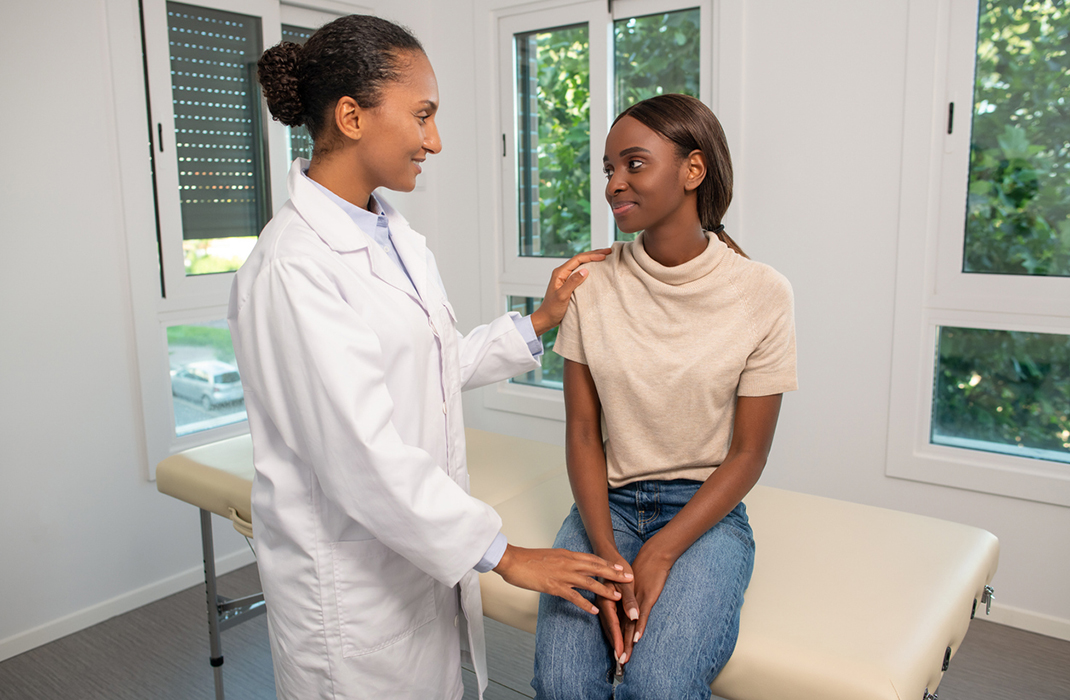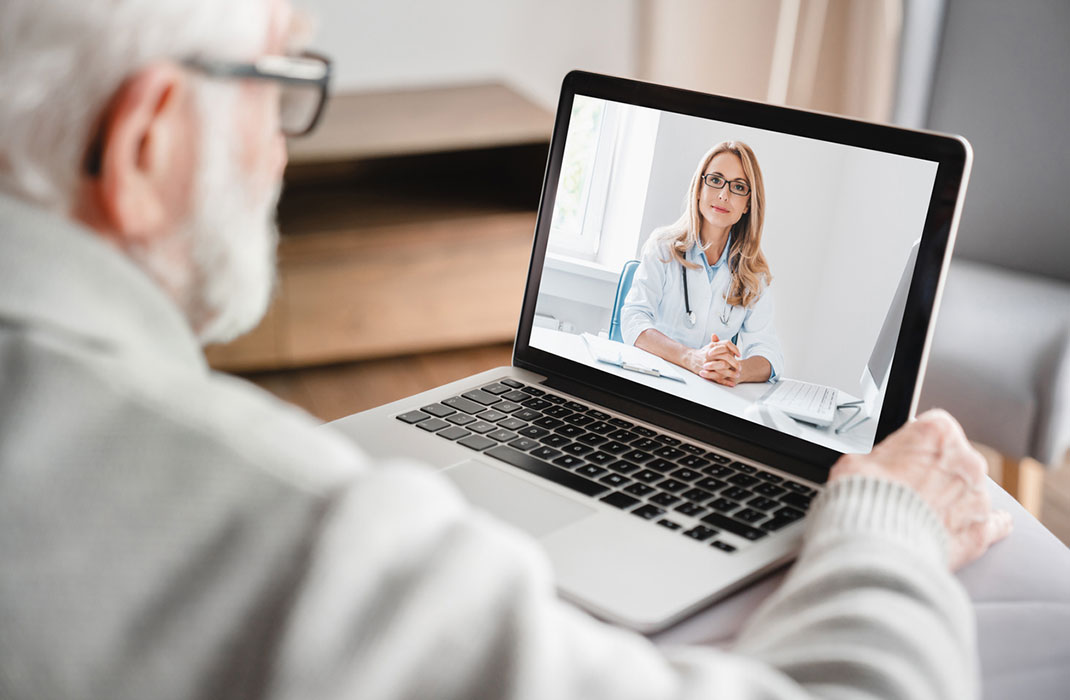-
- Find Care
-
- Visitor Information
- Find a Location
- Shuttles
- Visitor Policies
-
-
-
- Our Virtual Care Options
- Virtual Urgent Care
- Virtual Visits for Primary & Specialty Care
- Online Second Opinions
- Participate in Research
-
- Contact us
-
- For Innovators
- Commercialization Guide for Innovators
-
-
- Research News
- Alzheimer's Disease
- Artificial Intelligence
-
- Overview
-
- Overview
- Getting Started
- New to Mass General Brigham
- International Patient Services
- What Is Patient Gateway?
- Planning Your Visit
- Find a Doctor (opens link in new tab)
- Appointments
- Patient Resources
- Health & Wellness
- Flu, COVID-19, & RSV
- Billing & Insurance
- Financial Assistance
- Medicare and MassHealth ACOs
- Participate in Research
- Educational Resources
- Visitor Information
- Find a Location
- Shuttles
- Visitor Policies
- Find Care
-
- Overview
- Our Virtual Care Options
- Virtual Urgent Care
- Virtual Visits for Primary & Specialty Care
- Online Second Opinions
-
- Overview
- Participate in Research
-
- Overview
- About Innovation
- About
- Team
- News
- For Industry
- Venture Capital and Investments
- World Medical Innovation Forum (opens link in new tab)
- Featured Licensing Opportunities
- For Innovators
- Commercialization Guide for Innovators
- Contact us
-
- Overview
- Information for Researchers
- Compliance Office
- Research Cores
- Clinical Trials
- Advisory Services
- Featured Research
- Two Centuries of Breakthroughs
- Advances in Motion (opens link in new tab)
- Brigham on a Mission (opens link in new tab)
- Gene and Cell Therapy Institute
- Research News
- Alzheimer's Disease
- Artificial Intelligence
-
- Overview
-
- Overview
- Residency & fellowship programs
- Brigham and Women's Hospital
- Massachusetts General Hospital
- Mass Eye and Ear
- Newton-Wellesley Hospital
- Salem Hospital
- Integrated Mass General Brigham Programs
- Centers of Expertise
- Global & Community Health
- Health Policy & Management
- Healthcare Quality & Patient Safey
- Medical Education
- For trainees
- Prospective trainees
- Incoming trainees
- Current trainees
- Continuing Professional Development
Abdominal Pain: When to Visit Urgent Care vs. the Emergency Room

Nothing can ruin your day like coming down with a stomach bug or an unexpected bout of food poisoning. Often these issues and other forms of abdominal pain can be treated at home, with a bland diet, rest, and fluids. But other times, you may want to see a health care provider to ensure it’s not a serious health condition.
Ronak V. Shah, MD, associate medical director of Mass General Brigham Urgent Care, discusses common types of stomach complaints and describes when it may be best to seek urgent care or visit an emergency department.
Urgent care for abdominal pain
If you have new-onset abdominal pain, diarrhea, or constipation, Dr. Shah recommends calling your primary care provider (PCP). If you don’t have a PCP or no appointments are available, he recommends going to urgent care. “I would encourage anybody who is having abdominal pain that is brand new to them or severe to see a doctor in person,” he says.
Depending on your symptoms, clinicians evaluate abdominal pain in the following ways:
- Taking vital signs like your temperature, blood pressure, and pulse or heart rate
- Doing a physical exam of your abdomen to determine the location and severity of your pain
- Discussing your family and medical history, including recent weight loss or gain
- Conducting stool studies to diagnose parasites or bacterial infection
- Drawing blood samples to look at enzymes that show how your organs are functioning
- Making referrals to specialists like gastroenterologists, or to the ER if needed
- Prescribing antibiotics or medications for nausea, diarrhea, constipation and more
“These in-person exams are thorough, and we’ll get a better picture of what’s affecting the patient,” says Dr. Shah. For example, appendicitis is usually marked by severe pain in the lower right side of the abdomen. “But often, appendicitis starts off as a vague pain that’s located more generally instead. In urgent care, we can help identify things like that at an earlier stage and educate patients about what to watch out for before it becomes a true emergency,” he explains.
Emergency care for abdominal pain
If you experience the following severe symptoms, Dr. Shah recommends going to an emergency room instead of urgent care:
- Severe stomach pain that makes it difficult to function, move, eat, or drink
- Sudden onset of stomach pain
- High fever
- Blood in your stool or vomit
- Stomach pain following an accident that has caused trauma to the abdomen
Heart disease, including heart attacks, can sometimes present as severe nausea or pain in the upper abdomen under the rib cage. If you have any doubt, go to the ER.
“Don’t ignore any of these red flags,” Dr. Shah warns. If necessary, dial 911 for an ambulance.
Can abdominal pain be treated virtually?
In most cases of abdominal pain, seeing a health care provider in person is better because the doctors check vital signs and perform a physical exam. However, some conditions involving stomach pain can be treated with virtual care. For example, if you have previously diagnosed acid reflux disease or irritable bowel syndrome, a virtual visit may be appropriate.
Mass General Brigham now offers several convenient ways to access care virtually for many health conditions that require timely care, but aren’t health emergencies. These virtual options can save patients a trip to urgent care or an emergency room.
What should you do if you have an urgent health need that’s not an emergency? Your primary care provider is a good place to start. Your doctor's office can recommend next steps. Please call your primary care provider's office for urgent issues. Many Mass General Brigham primary care practices for adults and children offer same-day, in-person and virtual visits.
Another helpful option is Mass General Brigham Virtual Urgent Care. It’s open to all patients ages 3 and up, even if they haven’t seen a Mass General Brigham provider before. Both new and current patients can schedule a virtual urgent care visit for that day or the next day on Mass General Brigham Patient Gateway.

Contributor
Contributor
Related articles
-

published on
-

published on
-

published on
-

published on
-

published on
-

published on
-

published on
-

published on
-

published on